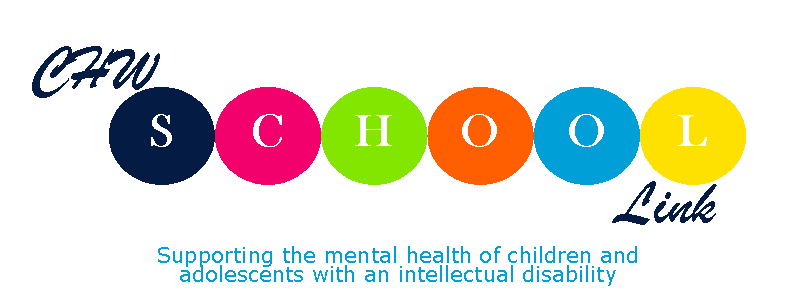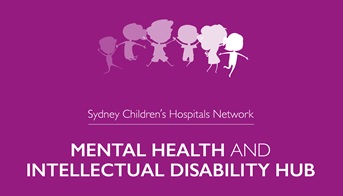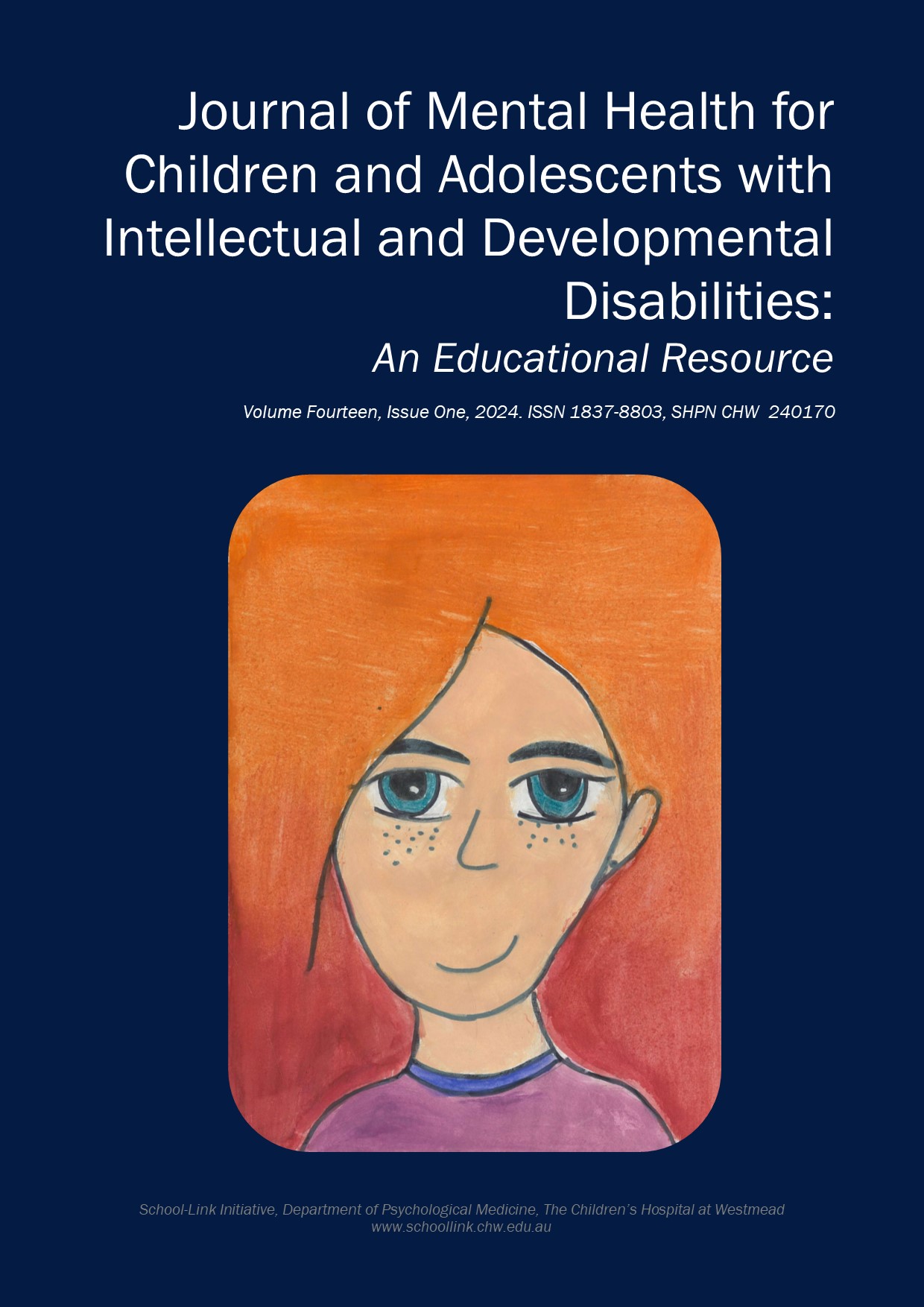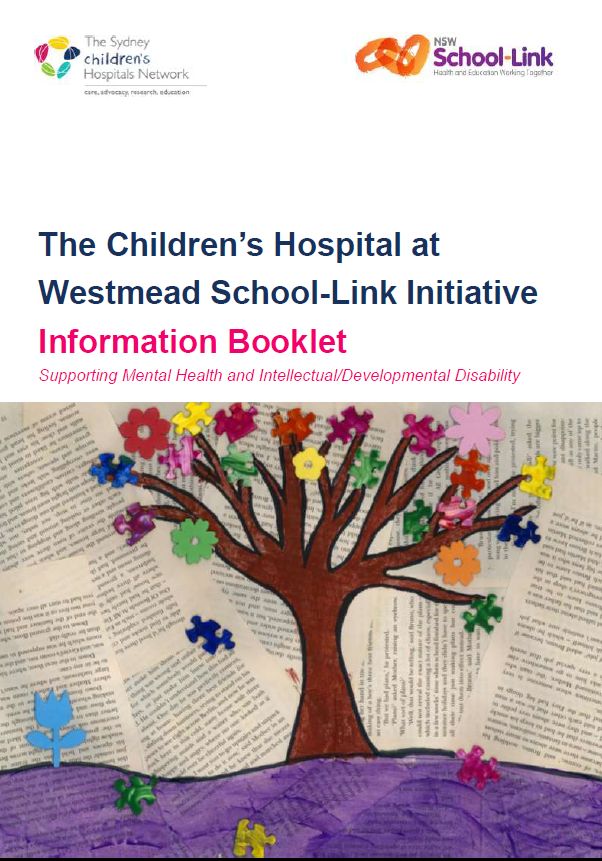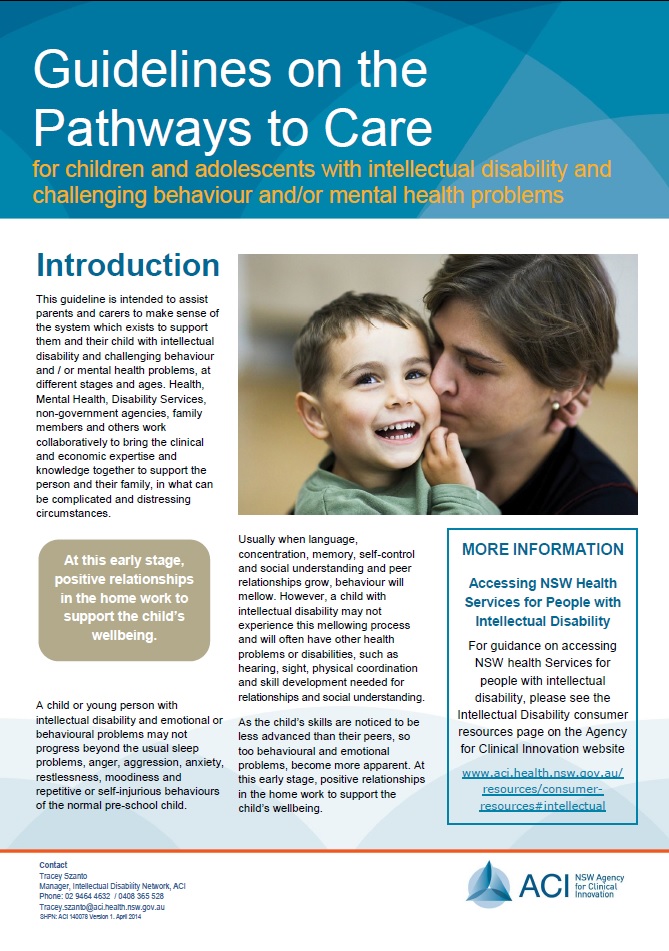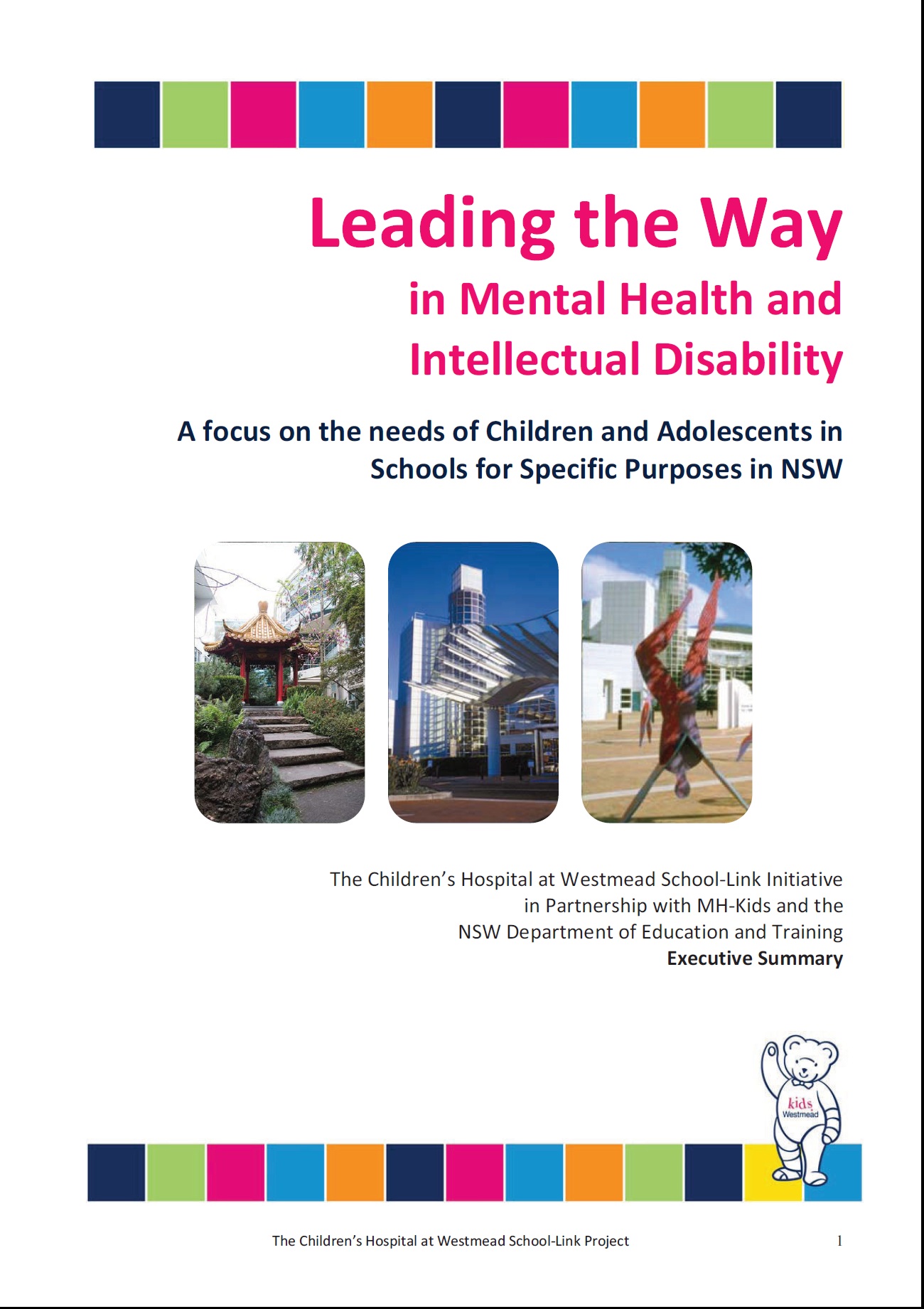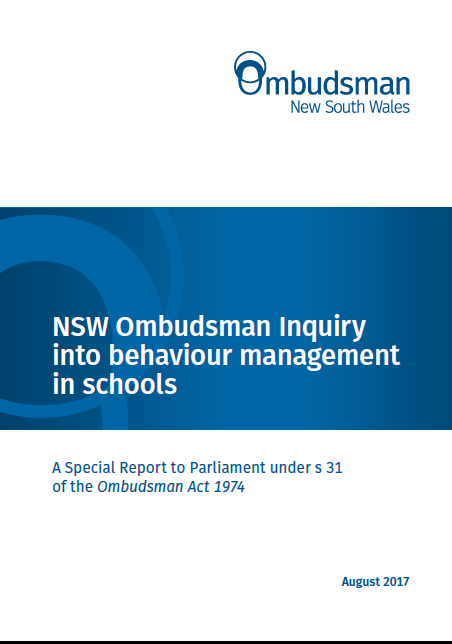PPEI Programs
The CHW School-Link needs analysis report (Dossetor et al 2009) identified the following mental health prevention, promotion and early intervention programs with empirical evidence for effectiveness that can be utilised for students with an intellectual disability and include:
- The Westmead Feelings Program 1 (formerly Emotion Based Social Skills Training) by Ratcliffe, Grahame, & Wong (2010) is a skill building curriculum for students with Autism Spectrum Disorders (ASD) and a mild intellectual disability. It aims to teach emotional recognition, theory of mind, and problem solving and therefore skills in relationships in children aged 8-12 years of age.
- Stop, Think, Do focuses on problem solving and resolving conflicts. This program reports effectiveness in a special school, catering primarily for secondary school children with mild-moderate intellectual disability and several with emotional-social problems. Specific applications for this program include anxiety, ADHD and Aspergers Syndrome (Beck and Horne, 1992).
- Paths (Promoting Alternative Thinking Strategies) teaches primary school children how to change behaviours and attitudes that contribute to violence and bullying, how to express and control their emotions, and how to develop effective conflict-resolution strategies. This program has been shown to be effective with a number of special groups including deaf and hearing-impaired students, behaviorally disordered, learning disabled and gifted students, as well as students from a wide diversity of ethnic, cultural, socio-economic and family backgrounds. PATHS has also been shown to have positive benefits for students in rural settings (Kam et al, 2004).
- Social Decision Making/Social Problem Solving is designed to help children recognise and use their emotions in effectively solving problems in a wide range of real-life situations inside and outside the classroom. The program focuses on teaching self-control and social awareness skills as important tools for decision-making (Elias, 2004).
- Triple P (Stepping Stones) draws on social learning, cognitive-behavioural and developmental theory, as well as research into risk and protective factors associated with the development of social and behavioural problems in children. Stepping Stones Triple P forms part of the Triple P system of parenting and family intervention. This program includes adaptation for parents of preadolescent children who have a disability. The approach has been demonstrated to be effective for children with intellectual and physical disabilities who have disruptive behaviour (Roberts et al, 2006).
- The Alert Program promotes awareness of how to regulate arousal states and encourages the use of sensorimotor strategies to manage levels of alertness. The program targets students with sensory processing and/or learning impairments (Williams and Shellenberger, 1994 and 2001).
- The Secret Agent Society by Beaumont 2008 and the Social Skills Training Institute QLD is an evidence-based, multimedia curriculum to help children improve their social and emotional resilience. This program is used with 8 to 12-year-old children with a range of social and emotional challenges, such as high functioning autism / Asperger’s Syndrome, anxiety disorders, attention deficit hyperactivity disorder (ADHD), anger management difficulties and other general challenges with friendships, team work, conversations or staying calm. Some of the SAS resources are also available separately, allowing you to offer SAS to your students and families at different levels.
